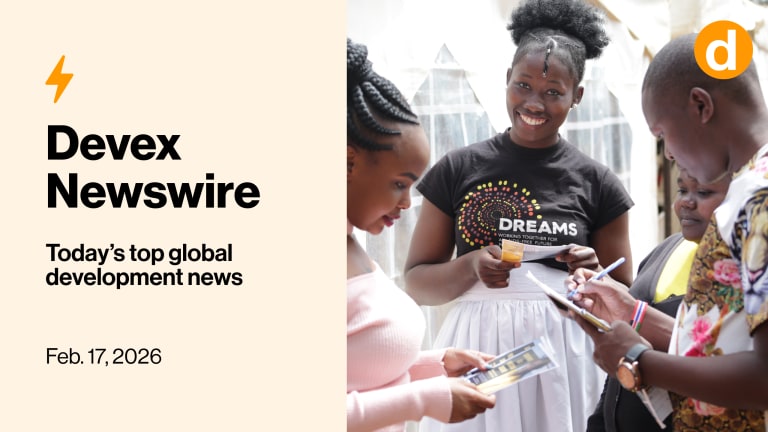Charlotte Watts, chief technology adviser at the U.K. Department for International Development has some tips for innovators and organizations about failure, building evidence and avoiding the pitfalls of innovation.
Watts, who worked with DfID’s global health programs and helps lead the donor’s work guiding ideas to scale, spoke at the this week’s 2016 Grand Challenges annual meeting in London where she outlined advice to innovators and organizations looking for funding. The comments are particularly salient in an era in which donors such as DfID favor robust evidence and yet simultaneously aspire to take on more risk.
“You need some … convincing evidence to be able to describe concretely not only the achievement in what you developed but also what impact that will provide in changing people’s lives,” she told meeting participants.
Search for articles
Most Read
- 1
- 2
- 3
- 4
- 5








